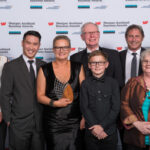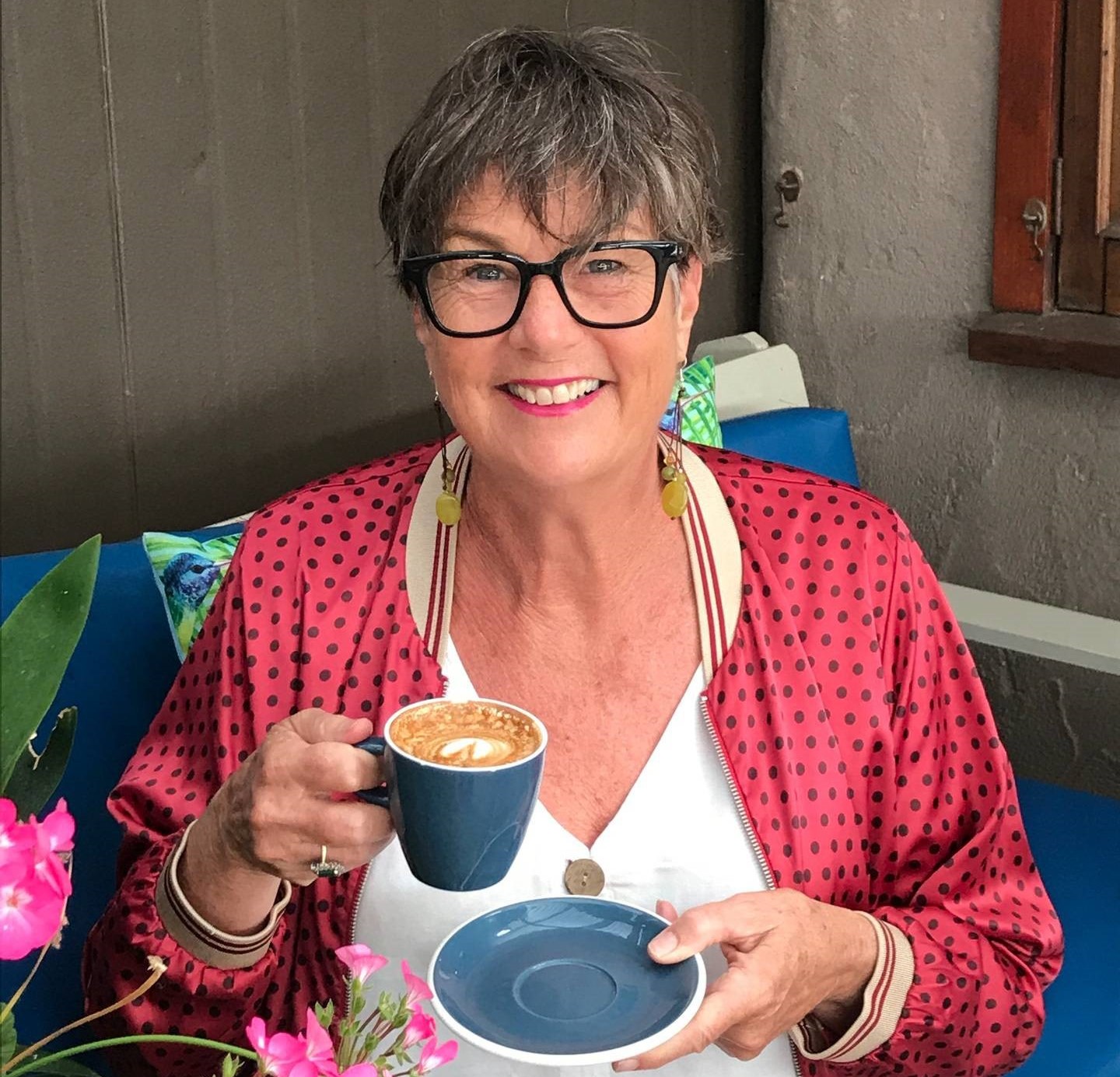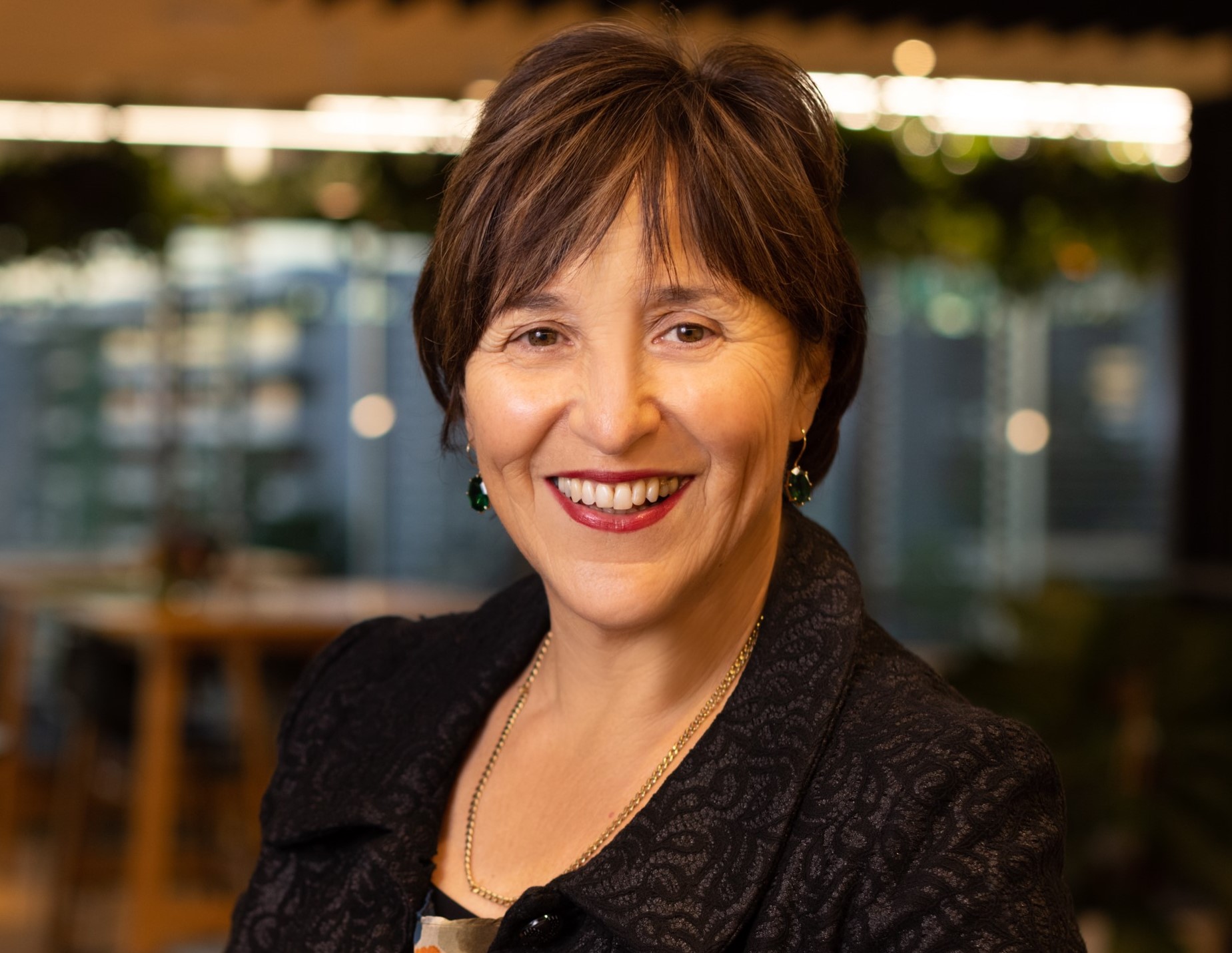Taking care of your most valuable asset
Tanya Unkovich has advice on how to manage life and stress; and be at the top of your game, both professionally and personally.
1.1K
A number of years ago during a conversation with a few colleagues the topic led towards how best to protect our most valuable asset, that was, our home. Whilst I agreed with the content of what was being said, it seemed my mind drifted and a part of me ‘left’ the room. I began to reflect on what I considered my most valuable asset, that is, my body and my health, and now at the age of 40, was I in fact doing as much to maintain it, as I was my home?
During our 20’s and 30’s it is not uncommon to feel indispensible as we thrash ourselves with exercise, don’t always eat the most nutritious food and believe that more is best. We were either ignorant, or ignored the fact that one day things could change.
Being in optimal health assists us to be at the top of our game, both professionally and personally. Rather than wait until the signs of wear and tear appear, prevention is now the way to go as we search for the most effective way to achieve our desired results and maintain them.
Here are a few tools worth considering as you embark on your goals and work towards sustainable lifestyle changes.
Do what you enjoy
Have you ever stopped a new fitness routine, eating regime or other plan simply because you did not enjoy it?
Unless you enjoy what you do, or you realize that a new regime is actually not what you want, the chances are you will not continue and wrongly blame yourself for not sticking to it.
Be open with your trainer, coach or mentor. Work closely with them to ensure they understand ‘who’ you are and what you enjoy so together you can formulate a plan that suits your needs and lifestyle.
Making time to create new habits
Time is valuable and can often be a reason for not commencing a lifestyle change. Thankfully, when it comes to exercise, sometimes “less is more”.
Whilst 10 or 15 minutes in your day may not seem worth it, by the end of a week, this will equate to nearly ninety minutes of activity, which is significant.
This is all it takes to do a few sit-ups or press-ups in your home, or perhaps some stretching to counteract sitting at the office desk all day. Alternatively, use the time to set new goals, speak with your mentor, or prepare a healthy lunch.
Multi-tasking is not always so good
Being mindful of your habits and patterns is an excellent way to achieve long-term results, especially when it comes to weight loss. Whilst multi-tasking can be a wonderful thing, at times, I encourage you not to.
For example, consider not eating at your desk, or in the car, whilst on the phone, watching TV or when standing at the refrigerator. (I like to quote an author who writes, “If you are eating at the refrigerator, then pull up a chair”).
Eating should be enjoyable, not something you rush and as a result, not even taste your food, or worse yet, completely forgot you have eaten. Take the time to eat, your digestive system will thank you for it.
Long lasting change takes time
Long lasting change is a process. At times, two steps forward, one back, another two or three forward and so on, so be patient.
It can be very easy to write off the rest of your day when you feel you have slipped up or skipped your day's exercise session.
It is not that one mallowpuff which will create havoc, but your thinking that accompanies it, and possibly the rest of the packet that follows.
Your day does not have to be perfect, and a not so good day is considerably easier on your body than a really bad one.
Ongoing small changes, accompanied with moderation and mindfulness can actually be a big step to long-term sustainable results.
Managing your next 24 hours
Sitting at a desk for eight plus hours per day, five days a week can take its toll. Simply thinking about it before it even commences can take its toll!
As obvious as it sounds, living life one day at a time (that is, the next 24 hours only), is probably the most useful tool I have used to overcome the feeling of the weekly overwhelm. Forget about managing tomorrow or attempting to change yesterday, focus on today.
In summary, life and stress happens, we all have something in varying degrees. Managing how we deal with it is the key.
Time and experience has demonstrated to me that when we are physically and mentally at our best, then life is different, it is better. We have the ability to stop, think, perhaps react differently and have the resilience to carry on.
Treat yourself and your body with respect. Life is too short not to.
Tanya Unkovich is a mentor, specialising in small business and personal wellness and fitness. Her background is finance, coaching, and she is a published author. Email [email protected] or visit www.tanyaunkovich.co.nz





